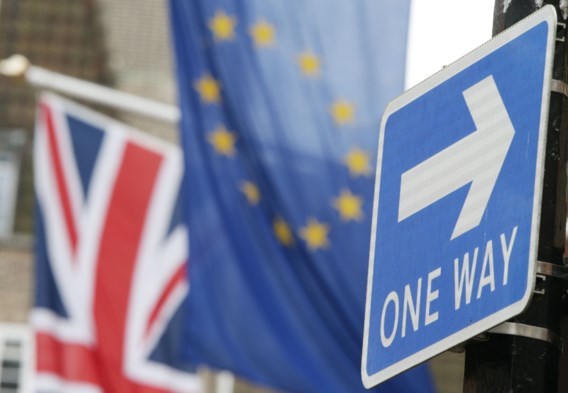No substantial progress came out of the post-Brexit talks between the European Commission and the United Kingdom this week, Commission negotiator Michel Barnier said.
Both sides remain stuck in their positions on several crucial points, according to Barnier.
Barnier accused the UK of deviating from the principles agreed on in last autumn's political declaration, which was supposed to set the framework for future relations between the UK and the EU. The document was negotiated and approved by both parties, Barnier said.
"We engaged in this negotiation on the basis of a Joint Political Declaration that clearly sets out the terms of our future partnership," Barnier said.
"It is - and it will remain for us - the only valid reference, the only relevant precedent in this negotiation, as it was agreed by both sides," Barnier said.
"Yet, round after round, our British counterparts seek to distance themselves from this common basis," he lamented.
Related News
- British Chamber of Commerce calls for detail and clarity on Brexit talks
- EU & UK agree: Nothing is happening on Brexit
"Even in the rare areas where we saw some movement this week, such as the European Convention on Human Rights, we still fall short of what we had agreed in the Political Declaration," said Barnier.
Another area where some limited progress has been made is citizens’ rights. Barnier said that he was pleased to hear that 3.1 million EU citizens have already been granted residence status in UK.
As for UK nationals residing in the EU, he said that EU is working on simple procedures for applying for residence status. In the 14 Member States that have chosen a “declaratory system”, UK nationals will receive a physical document enabling them to prove their status.
In his statement, Barnier did not address the issue of voting rights in local and regional elections and this topic is apparently outside the EU - UK negotiations.
Until now, UK government has signed bilateral voting rights agreements with Poland, Spain, Portugal and Luxembourg given their citizens the same voting rights as they had before Brexit.
“Bilateral agreements undermine the multi-lateral approach and may in fact be part of a systematic attempt by the UK government so to do,” said Roger Casale, a former Labour MP and secretary general of citizens’ rights NGO New Europeans, to The Brussels Times.
"Michel Barnier must be asking himself whether the UK is negotiating in good faith,” he added. “We must all insist on an extension of the talks to avoid a Boris Johnson made disaster for the UK which will also impact negatively on the rest of Europe."
"It is clear that we are approaching a moment of truth: We expect the United Kingdom to respect its engagements – both when it comes to our, already ratified, Withdrawal Agreement, and to the precise content of the Political Declaration, which remains and will remain the basis and the framework for our negotiation," Barnier said.
"If this is the case, and if we keep our mutual respect, our serenity and our determination, I have no doubt that we will find, in the course of the summer or by early autumn at the latest, a landing zone between the United Kingdom and the European Union. Then, finally, we will reach an agreement on our partnership for the future," Barnier concluded.
British negotiator David Frost also offered a statement. "Progress remains limited but our talks have been positive in tone. Negotiations will continue and we remain committed to a successful outcome," Frost said.
"For our part, we are willing to work hard to see whether at least the outline of a balanced agreement, covering all issues, can be reached soon," he said.
Jason Spinks
The Brussels Times

